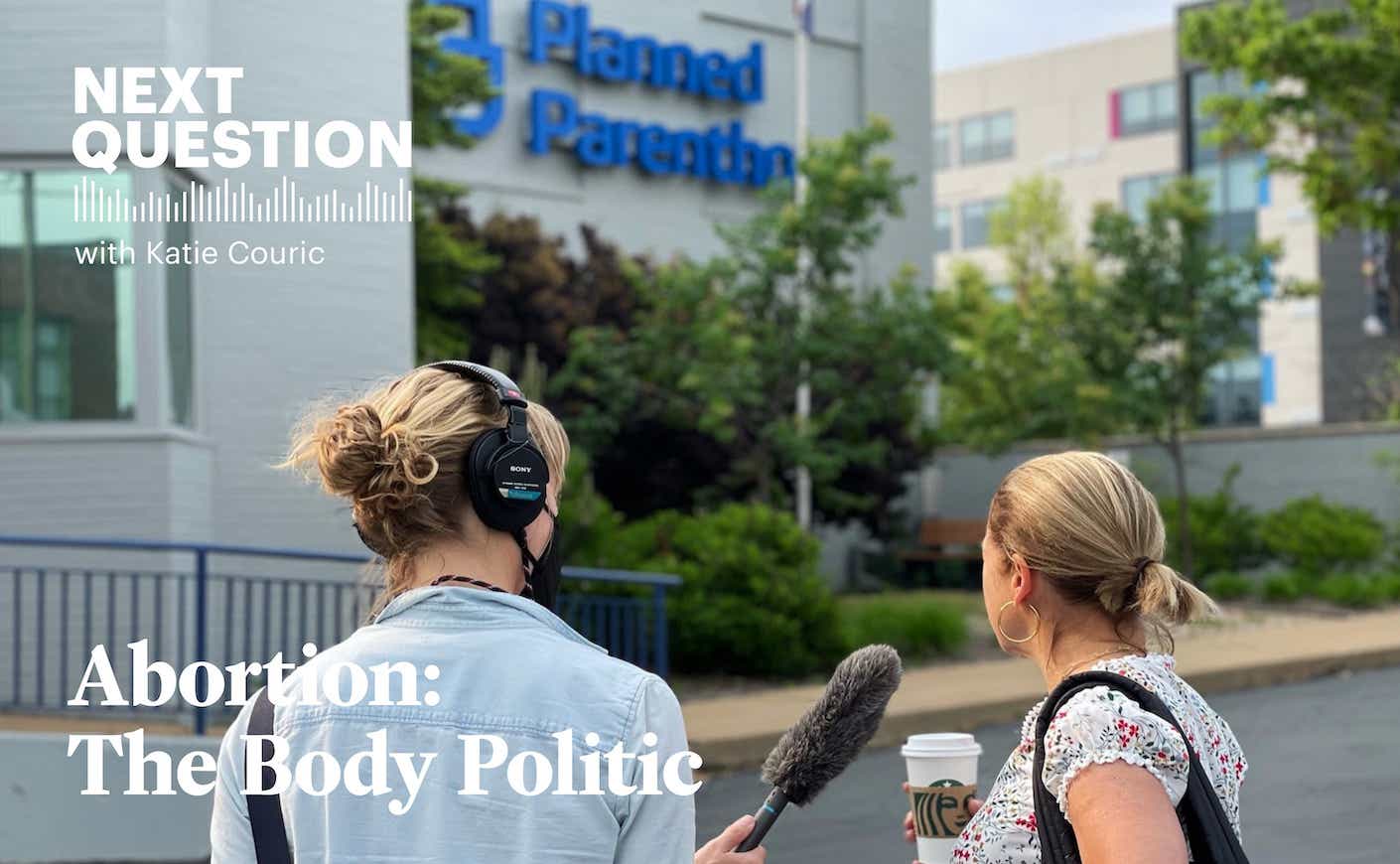I had just turned 16 when Roe v. Wade became the law of the land on January 22, 1973. At that age, I was probably more interested in things like passing my driving test, raising my GPA so I’d get into a good college, Casey Kasem’s American Top 40…and boys.
But even at that age, I knew reproductive rights were important. My mom had been volunteering at Planned Parenthood for years. I remember her telling me about a young college couple who came to the clinic together. She said they were both very attractive and she appreciated that the young woman’s boyfriend had accompanied her. My sister Kiki reminded me just the other day how gratifying it was for my mom when she helped women who already had children and simply couldn’t take care of any more.
Thanks to my mom, I grew up thinking women had a right to family planning, and that included the right to terminate an unwanted pregnancy.
So in 2016, when Donald Trump became president and immediately began to fulfill his promise to nominate anti-Roe judges to the Supreme Court bench, I was horrified to realize that the right to a safe, legal abortion may be in immediate jeopardy. I knew it was time to get to work.
With the help of my team, I began to develop a podcast series about abortion. I wanted to help our Next Question listeners understand why this was happening and how it would impact generations to come. One in four people get an abortion in their lifetime.
When the draft of the opinion to overturn Roe was leaked in early May, and it became clear that 50 years of legal precedent would likely be ignored, it became clear that this podcast series would not only be important…but essential.
These were some of the questions I wanted to answer:
How did we get here?
What will happen to those people — particularly Black and brown people, and those living in poverty — who already struggle to access abortions?
What about the abortion pill? Is that at risk? What about other forms of contraceptives?
What’s happening at the state level?
Why is abortion shrouded in shame and secrecy?
Why do critics believe that the constitutional foundation of the Roe decision is so shaky?
What are the biggest misconceptions about people who obtain abortions?
…The final question is the most terrifying one, in my opinion: what will a post-Roe world look like?
In our journey to find answers to these questions, we asked people to share their own abortion stories. They came from all walks of life, all different backgrounds generously told us about their specific circumstances and what led them to make this choice. We are grateful for their willingness to do so.
In the first episode of the series, which is available now, I sat down with my producer Lauren Hansen, who interviewed so many individuals for this podcast. She shared with me the fact that she had an abortion herself, something she hadn’t really discussed with many people.
Lauren told me, “I just felt that if I was asking others to come to the table and share their story, I should absolutely do the same.”
Lauren was also inspired to be more honest with her family about her experience — and that unlocked a new level of connection with her mother, in particular.
“In preparation for this podcast, I knew I had to tell my parents,” she told me. “Last month, I was on vacation with them, and I was telling them about this podcast series, and I said, ‘Well, actually, I've been meaning to tell you that 20 years ago I had an abortion.’ And my mom told me, ‘Oh, I actually had an abortion, too.’ It was amazing. If we could just talk about these things more openly, we would realize how common it is. Everybody does know someone who has had an abortion, and not all of them are traumatic stories. But with each situation, it was absolutely necessary for that person, whatever their reason was.”
One thing I can guarantee any listener of this podcast will learn is how true Lauren’s statement is. There are so many different reasons a person might have to get an abortion. Perhaps if we were able to talk about it—to actually say the word abortion, we could bring the topic out of the shadows.
Take Hannah, a 30-year-old mother of three who sat down with me at a Planned Parenthood in Illinois during my research for the podcast. Hannah was at the clinic to pick up the abortion pill, she told me. She didn’t tell her boyfriend what she was doing, because he wouldn’t support it. To add to her troubles, she wasn’t able to get this pill in her home state of Missouri, and so she had to drive across state lines, which was expensive and complicated (she had to bring her 16-month-old baby with her).
Hannah told me she loved her children and had always had a mindset of “the more the merrier” when it came to having a family. But she needed to return to work and was training to be a cosmetologist.
Hannah’s story is one of many we explore in this six-part series. But this podcast won’t just introduce you to those who get abortions, themselves. You’ll also hear from the men and women who perform and ensure access to safe, legal abortions. This includes courageous doctors, volunteers, administrative workers, who sacrifice their own personal safety to ensure a woman’s basic right to bodily autonomy.
I’m so excited to share this podcast series with you, and I hope you’ll listen along each week as a new episode drops every Thursday.








